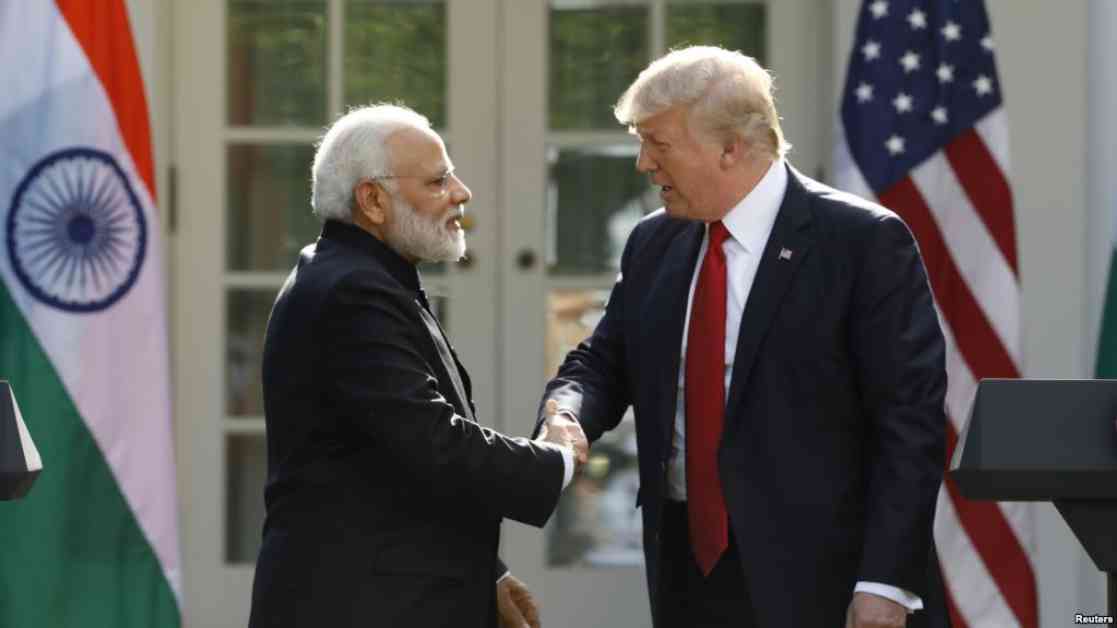India Faces Decision on BRICS Common Currency Proposal
India finds itself at a crossroads as it contemplates the potential consequences of joining the BRICS common currency initiative. This proposal, aimed at reducing reliance on the U.S. dollar for international trade and reserves, presents significant economic and geopolitical risks that could alter India’s global standing, economic independence, and democratic principles.
The BRICS bloc, comprising Brazil, Russia, India, China, and South Africa, has expanded its ambitions beyond countering Western financial dominance to considering a shared currency. While this initiative could reshape global financial systems, India must carefully weigh the implications before committing to such a venture.
Challenges and Risks of BRICS Common Currency
The proposal for a BRICS common currency poses several challenges that India must consider:
1. Impact on Global Financial Stability:
Joining a common currency initiative could disrupt the current global financial system, potentially undermining the stability and influence of the U.S. dollar.
2. Economic Considerations:
India’s economic interests and strategic goals may not align with those of other BRICS nations, particularly given its substantial trade reliance on China, a key player within the bloc.
3. Geopolitical Implications:
The presence of authoritarian regimes, economic instability, and political crises within BRICS members could introduce volatility and risk to India’s economic and strategic decisions.
4. Democratic Values:
India’s commitment to democracy, sovereignty, and economic stability could be compromised by aligning with nations that do not share the same democratic principles.
Expert Perspective: The Case for Indo-American Partnership
According to Vinson Xavier Palathingal, Executive Director of the Indo-American Center in Washington, D.C., India’s alliance with the United States offers a compelling alternative to the BRICS currency proposal. The Indo-American Axis, rooted in shared democratic values and economic cooperation, presents a pathway to global leadership based on liberty, prosperity, and stability.
Palathingal emphasizes the importance of promoting freedom, driving global prosperity, and countering authoritarianism through the Indo-American partnership. This alliance not only serves as a strategic necessity but also as a moral imperative to build a future grounded in hope, opportunity, and prosperity for all.
India’s Decision: Rejecting the BRICS Currency Proposal
As India navigates the complexities of the BRICS common currency initiative, it must prioritize its long-term interests and values. Rejecting the proposal in favor of strengthening its partnership with the United States aligns with India’s commitment to democracy, sovereignty, and economic stability.
The Indo-American Axis stands as a beacon of hope and opportunity, offering a roadmap for a stable, just, and prosperous future. By championing this alliance, India can lead the world toward a new era of freedom, fairness, and shared prosperity.
In conclusion, India’s decision on the BRICS common currency proposal will shape its place in the global landscape. By choosing to deepen its partnership with the U.S., India can uphold its values and aspirations while contributing to a world order grounded in democratic principles and economic progress.














